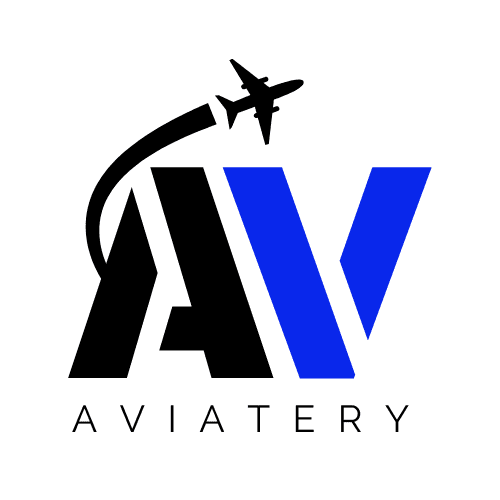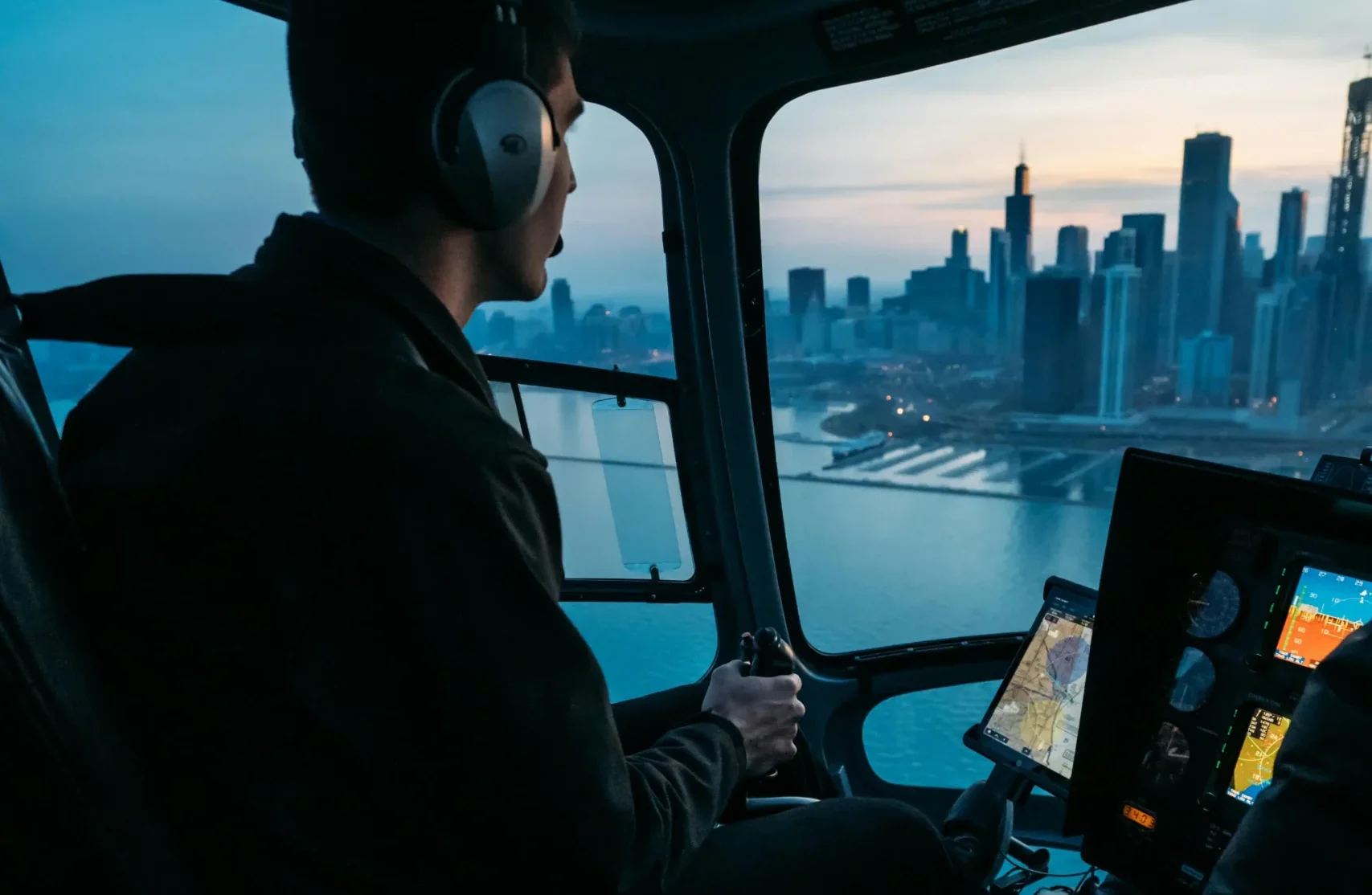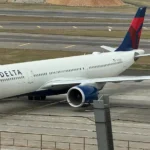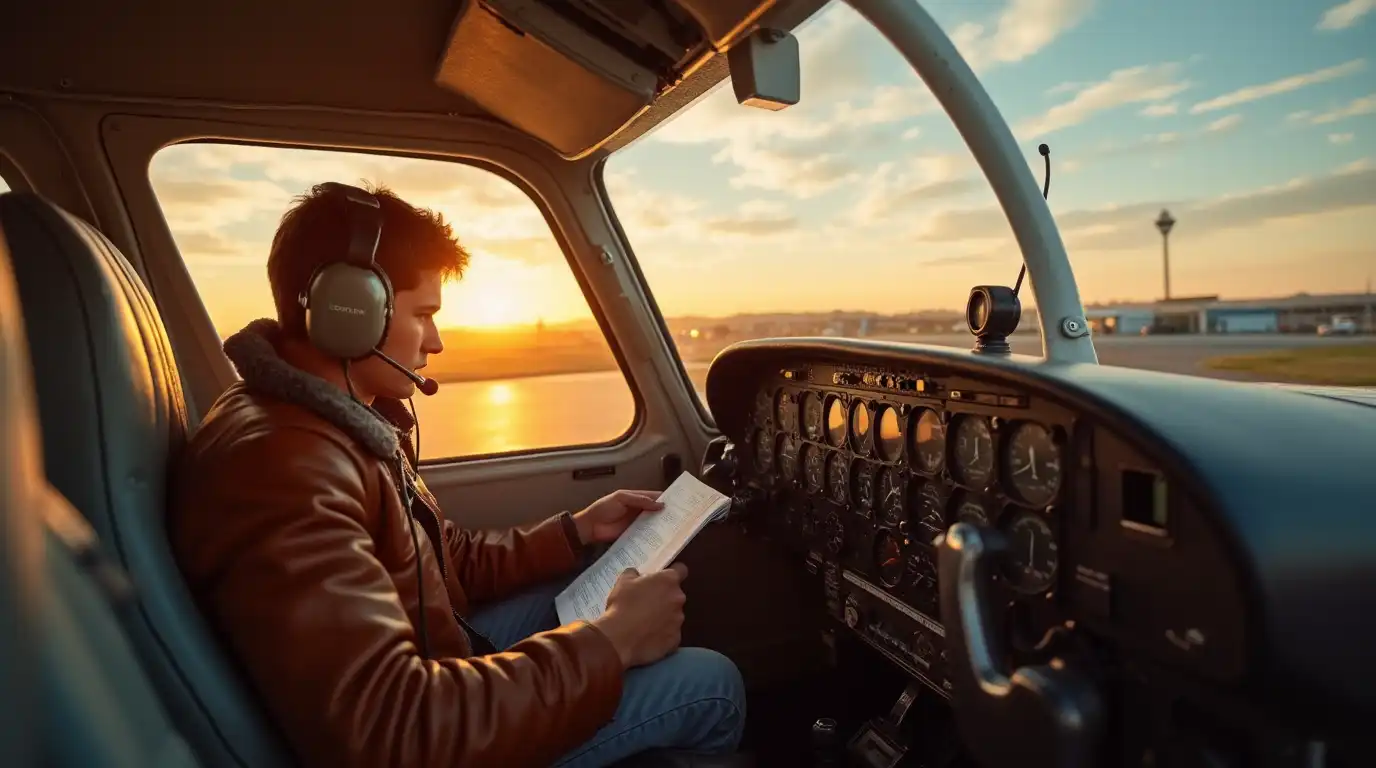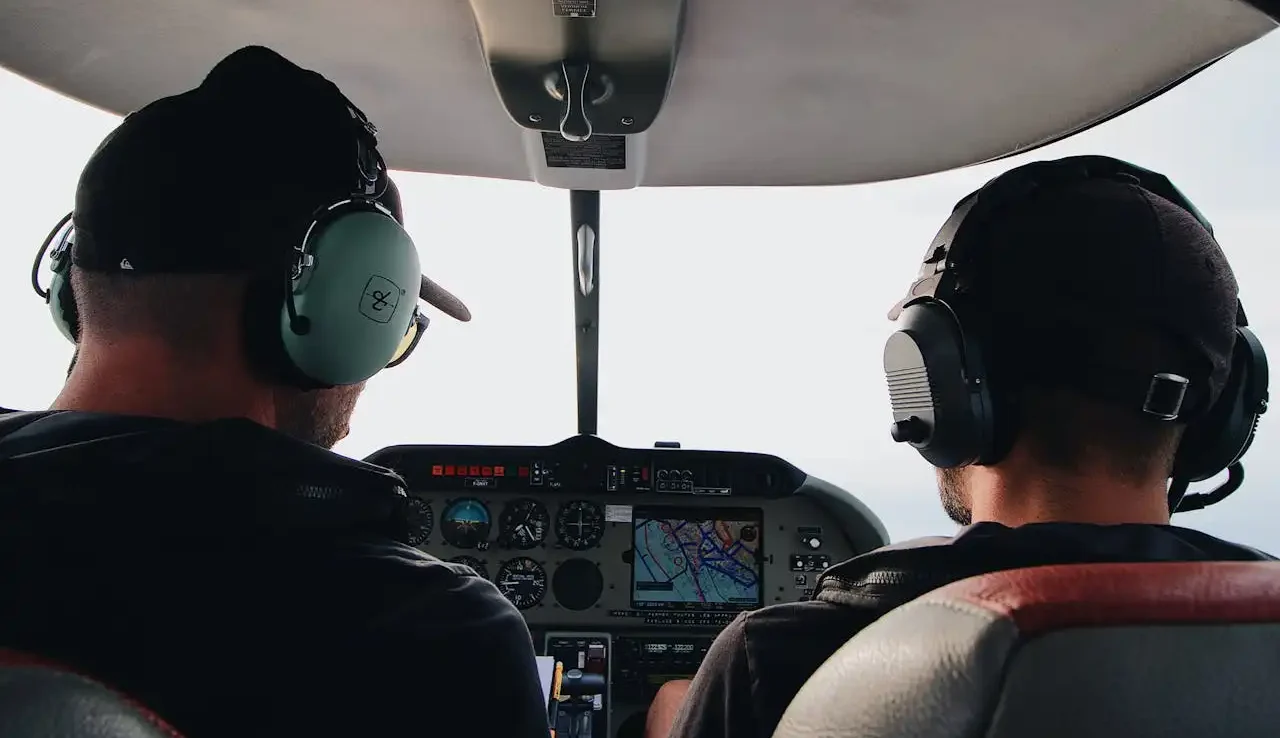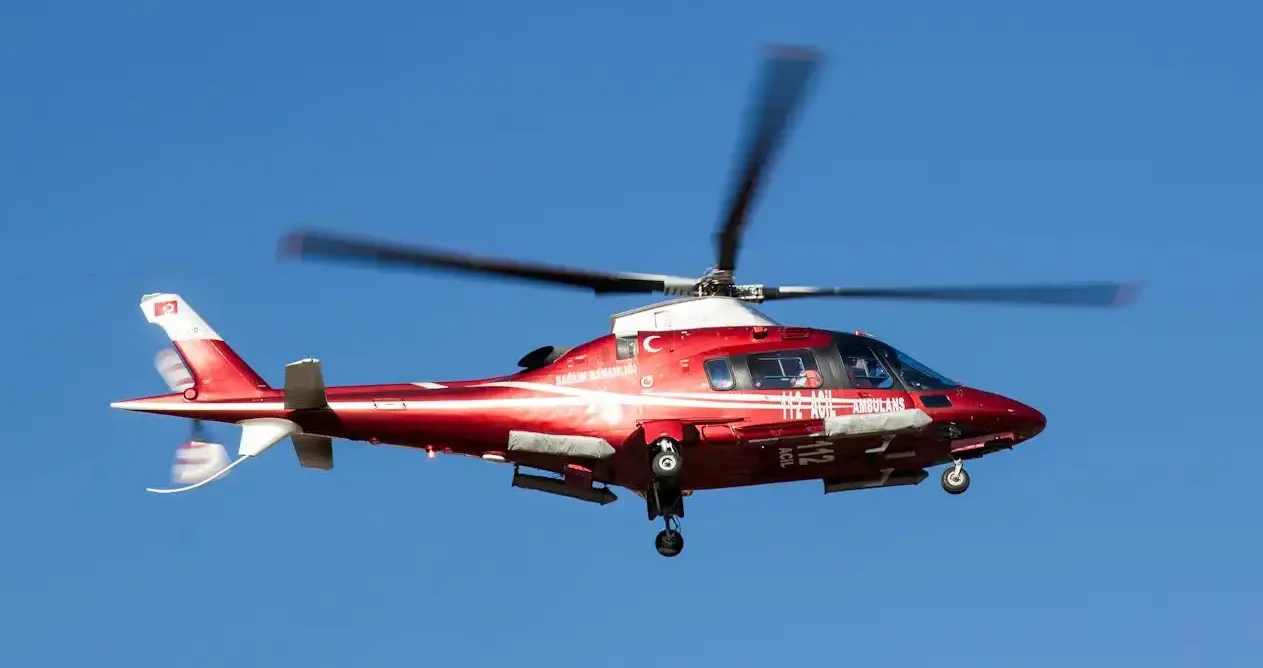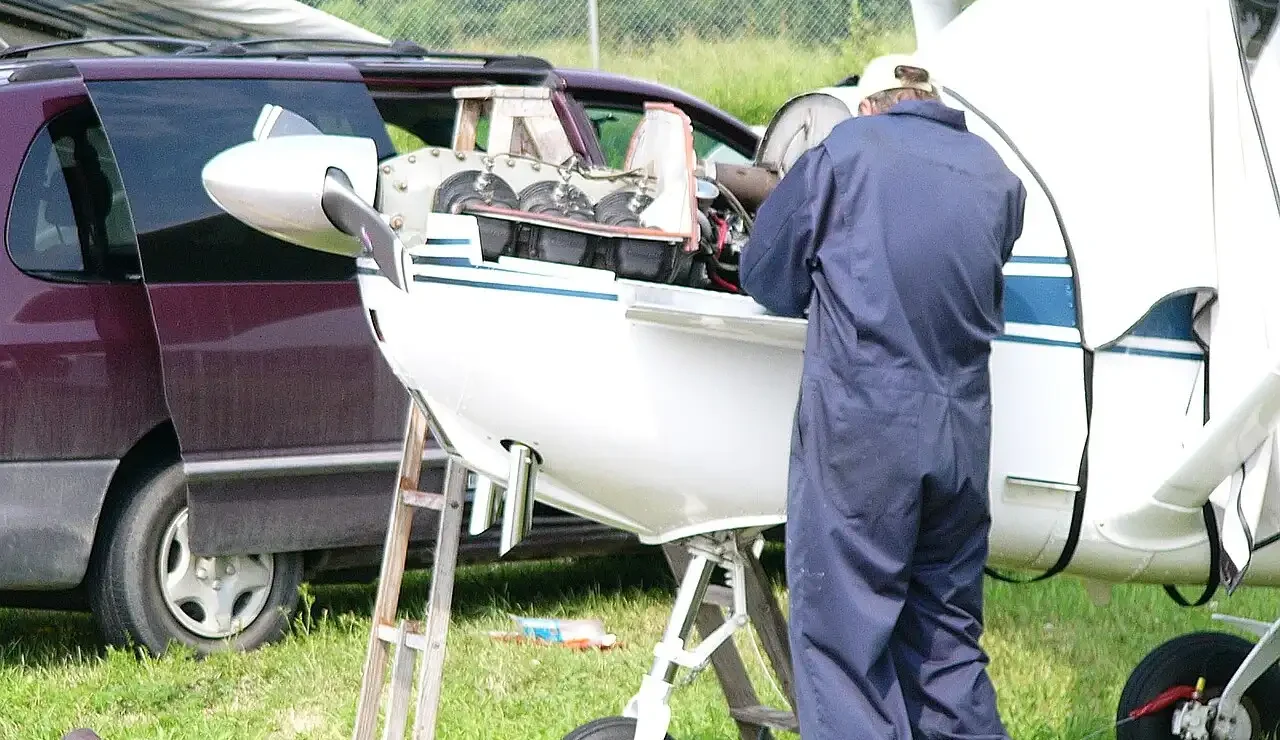If you’re dreaming of soaring through the skies as a rotorcraft pilot, understanding the helicopter pilot license requirements for beginners is essential before embarking on this exciting career path. Whether you’re pursuing flying as a hobby or aiming for a professional aviation career, obtaining a helicopter pilot license involves several specific steps, qualifications, and investments that many newcomers find surprising. This comprehensive guide breaks down everything you need to know about starting your journey toward becoming a certified helicopter pilot.
The Complete Helicopter Pilot License Requirements for Beginners: What You Need to Know
Before diving into flight training, it’s crucial to understand that there are different types of helicopter pilot licenses, each with specific helicopter pilot license requirements for beginners. In the United States, the Federal Aviation Administration (FAA) issues the following certifications:
- Private Helicopter Pilot License (PPL-H) – For recreational flying only, not for compensation
- Commercial Helicopter Pilot License (CPL-H) – Allows you to be paid for flying helicopters
- Certified Flight Instructor (CFI) – Permits teaching others to fly helicopters
- Airline Transport Pilot (ATP) – The highest level certification for professional pilots
According to the FAA’s Airmen Certification Database, there are approximately 15,000 active helicopter pilots in the US, making it a specialized profession with significant growth potential.
Medical Requirements and Physical Fitness Standards
One of the first and most crucial helicopter pilot license requirements for beginners is obtaining a medical certificate. The FAA requires:
- For Private Pilot: At minimum, a 3rd Class Medical Certificate
- For Commercial Pilot: At minimum, a 2nd Class Medical Certificate
- For ATP: A 1st Class Medical Certificate
These examinations must be conducted by an FAA-designated Aviation Medical Examiner (AME) and assess factors including:
- Vision (20/20 or correctable to 20/20)
- Hearing capability
- Cardiovascular health
- Neurological function
- Mental health history
- Substance use history
According to Dr. Diane Damos of Damos Aviation Services, approximately 17% of first-time applicants encounter some issue during their medical examination that requires additional documentation or testing.
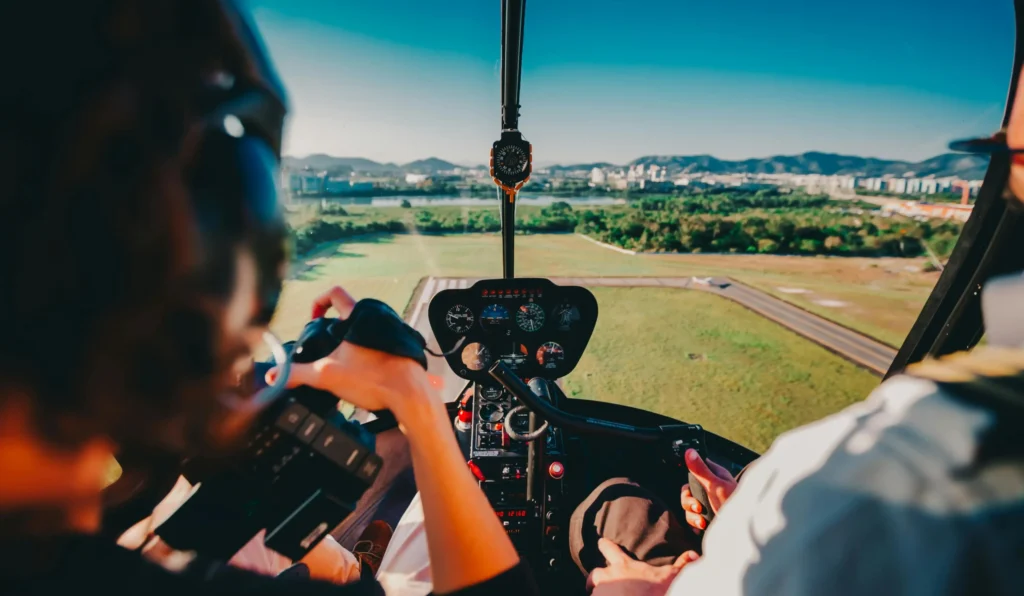
Flight Training Hours and Educational Requirements
The path to obtaining your helicopter license involves significant flight training. The minimum helicopter pilot license requirements for beginners in terms of flight hours are:
- Private Pilot License: 40 flight hours minimum (including 20 hours with an instructor and 10 hours solo)
- Commercial License: 150 flight hours minimum
- ATP License: 1,200 flight hours minimum
However, the Helicopter Association International reports that most students require approximately 55-60 hours to achieve proficiency for the private license, exceeding the minimum requirement by about 50%.
Your helicopter training will include:
Ground School Education
Before taking flight, you’ll need comprehensive knowledge of:
- Aerodynamics specific to helicopters
- Weather patterns and meteorology
- Navigation techniques
- Aircraft systems and components
- Aviation regulations and procedures
Practical Flight Training
Your hands-on training will cover essential skills including:
- Hovering techniques
- Takeoffs and landings
- Emergency procedures
- Navigation exercises
- Night flying operations (for certain licenses)
The helicopter pilot license requirements for beginners also include passing both written and practical exams administered by the FAA.
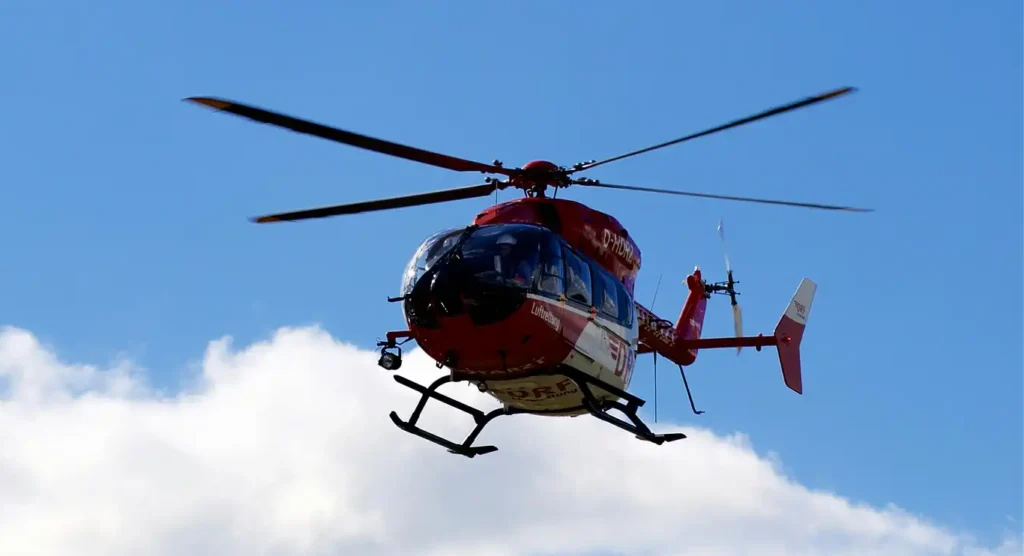
Financial Investment and Time Commitment
Perhaps the most substantial barrier to entry for aspiring helicopter pilots is the cost. The financial helicopter pilot license requirements for beginners are significant:
- Private Helicopter License: $15,000-$25,000
- Commercial Helicopter License: Additional $30,000-$50,000
- Flight Instructor Certification: Additional $5,000-$10,000
These estimates from the Professional Helicopter Pilots Association include aircraft rental, instructor fees, study materials, examination costs, and medical certification.
Training duration typically spans:
- Private License: 6-12 months (part-time training)
- Commercial License: Additional 6-12 months
- Full professional qualification: 18-24 months total
Many students struggle with the financial aspect of helicopter training, with only about 60% of those who begin training completing their license due to cost constraints.
Choosing the Right Helicopter and Training Program
Different helicopter models are used for training, each with distinct characteristics. Common training helicopters include:
- Robinson R22: The most popular training helicopter, lightweight and economical
- Robinson R44: Larger with more power, often used for later training stages
- Bell 206 JetRanger: Used for more advanced commercial training
- Schweizer 300: Known for stability and forgiving flight characteristics
When selecting a flight school to meet your helicopter pilot license requirements for beginners, consider:
- Instructor experience and qualifications
- Aircraft fleet age and maintenance records
- School reputation and student success rates
- Financing options and payment plans
- Job placement assistance for professional students
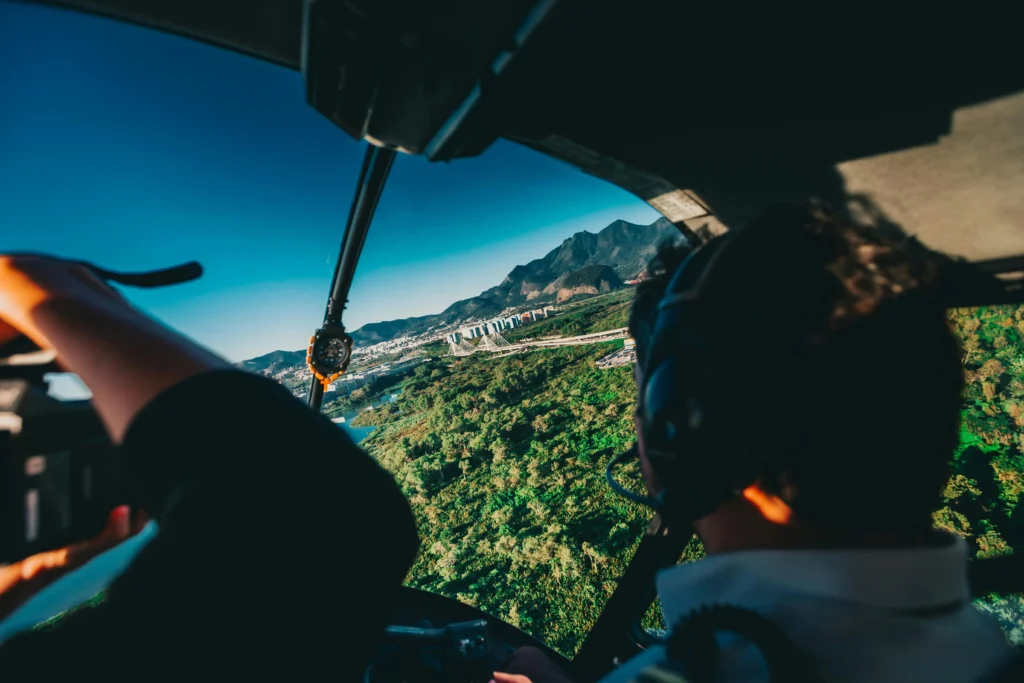
Career Outlook and Advancement Opportunities
After fulfilling all the helicopter pilot license requirements for beginners, many pilots pursue careers in:
- Emergency medical services (EMS)
- Law enforcement
- Tourism and charter operations
- Offshore oil rig transportation
- News and media
- Firefighting and forest service
- Corporate transportation
The Bureau of Labor Statistics projects a 13% growth in helicopter pilot positions over the next decade, with particularly strong demand in the EMS and offshore sectors.
FAQ About Helicopter Pilot License Requirements
Is there an age limit for getting a helicopter pilot license?
You must be at least 17 years old to obtain a private helicopter license and 18 for a commercial license. While there’s no upper age limit, the medical certification becomes more frequent as you age, with pilots over 40 requiring medical recertification every two years and those over 60 needing it annually.
Can I transfer fixed-wing airplane experience toward helicopter requirements?
Yes, but with limitations. If you already have an airplane pilot’s license, the FAA allows some cross-crediting. Typically, 50% of your airplane pilot-in-command time can count toward helicopter requirements, and the written knowledge test may be waived if current. However, you’ll still need to complete helicopter-specific training and skills testing.
How often do helicopter pilots need to renew their licenses?
The license itself doesn’t expire, but to remain current, you must:
- Complete a flight review with an instructor every 24 months
- Maintain your medical certificate (renewal periods vary based on age and license type)
- If carrying passengers, complete 3 takeoffs and landings every 90 days
- For instrument rating: perform 6 instrument approaches and holding procedures every 6 months
What are the main reasons people fail helicopter license tests?
According to FAA examiner statistics, the top reasons for checkride failures include:
- Improper handling of emergency procedures (particularly autorotation)
- Inadequate hovering precision
- Poor situational awareness during complex maneuvers
- Insufficient knowledge of airspace regulations
- Inadequate crosswind landing technique
- Failure to maintain proper rotor RPM during critical flight phases
Are there scholarships available for helicopter flight training?
Yes, several organizations offer financial assistance for helicopter training:
- Helicopter Foundation International offers multiple scholarships ranging from $2,500-$20,000
- Women in Aviation International provides female-specific helicopter training grants
- The US Military offers training through various programs with service commitments
- Some helicopter operators offer tuition assistance in exchange for work commitments after licensing
What physical issues commonly disqualify candidates from medical certification?
While many medical conditions can be accommodated with special issuances, the most challenging disqualifying conditions include:
- Certain cardiac conditions (especially those requiring pacemakers)
- Seizure disorders
- Insulin-dependent diabetes
- Certain mental health conditions requiring medication with sedative effects
- Uncorrectable vision issues
- History of substance abuse within the previous 2-5 years
- Severe color vision deficiency (particularly for commercial operations)
Share Your Thoughts: We Value Your Feedback!
